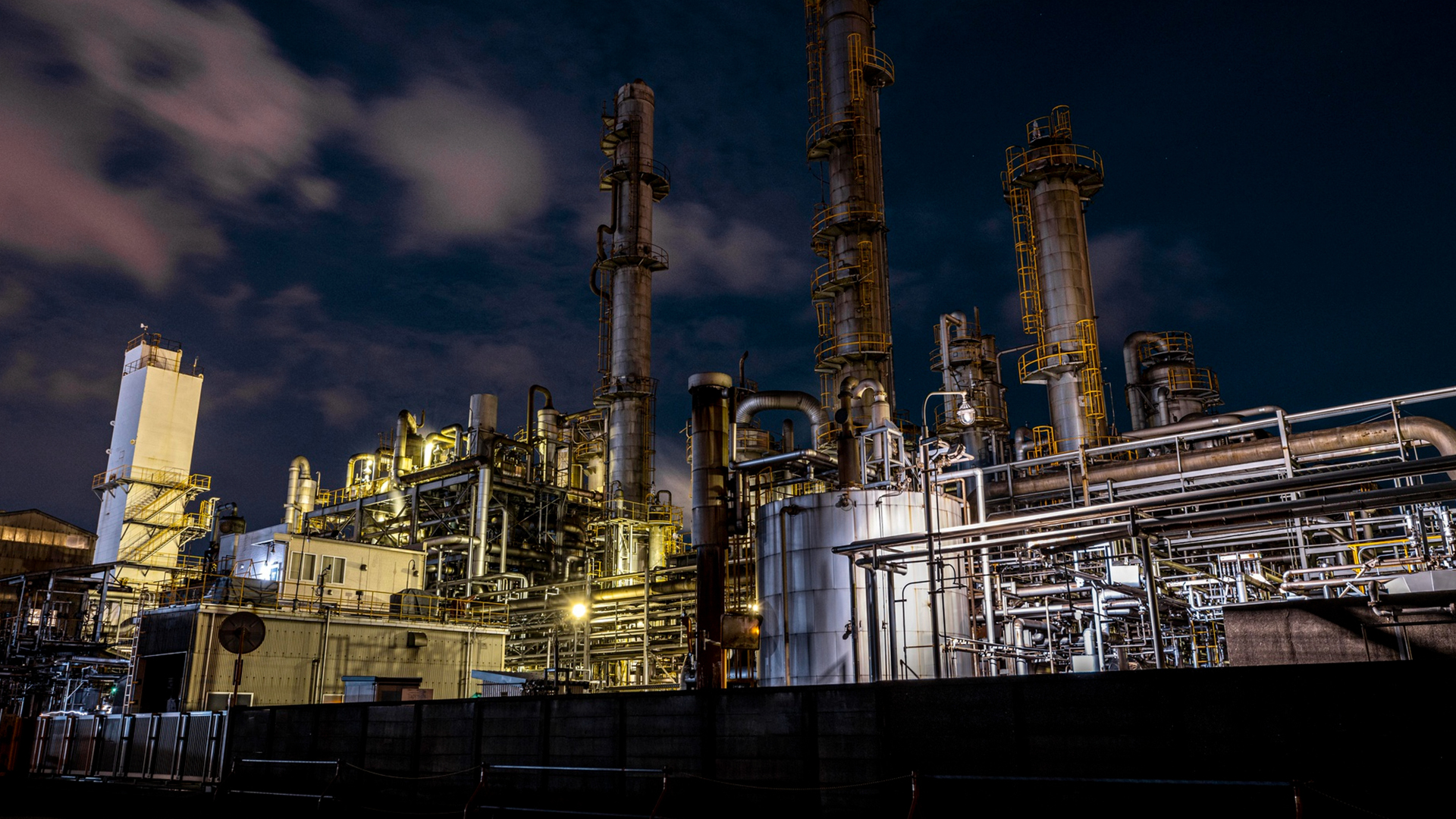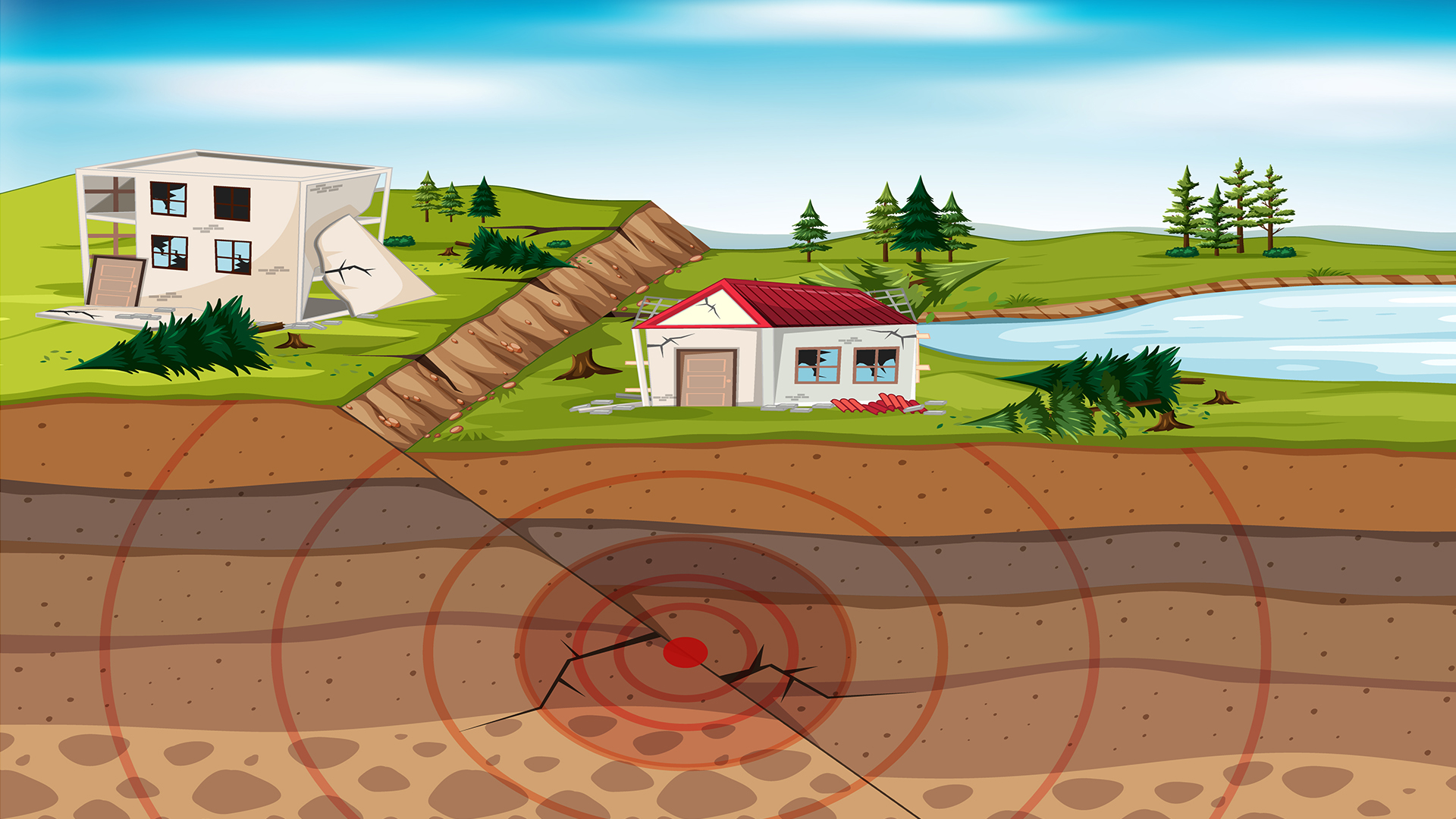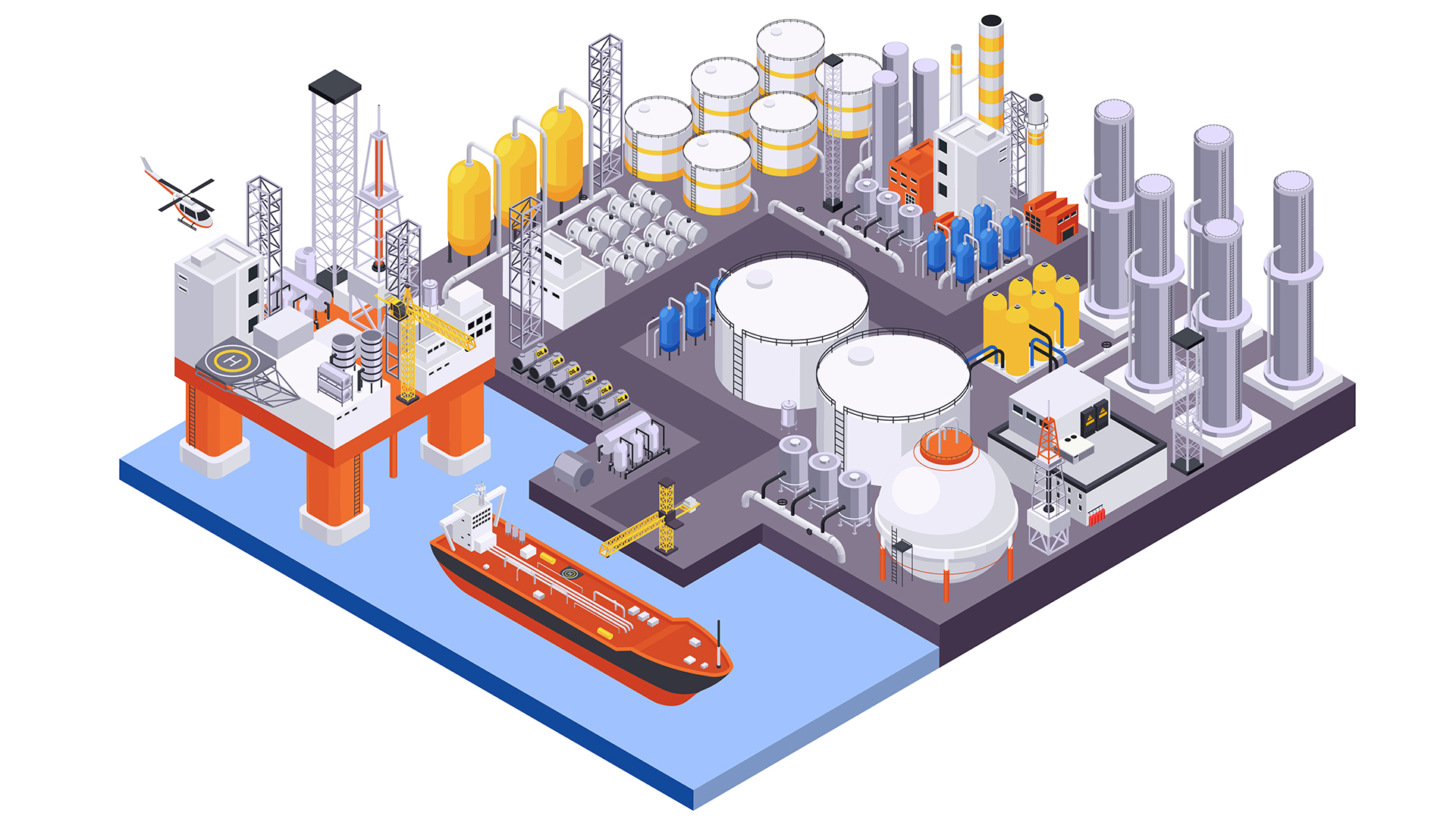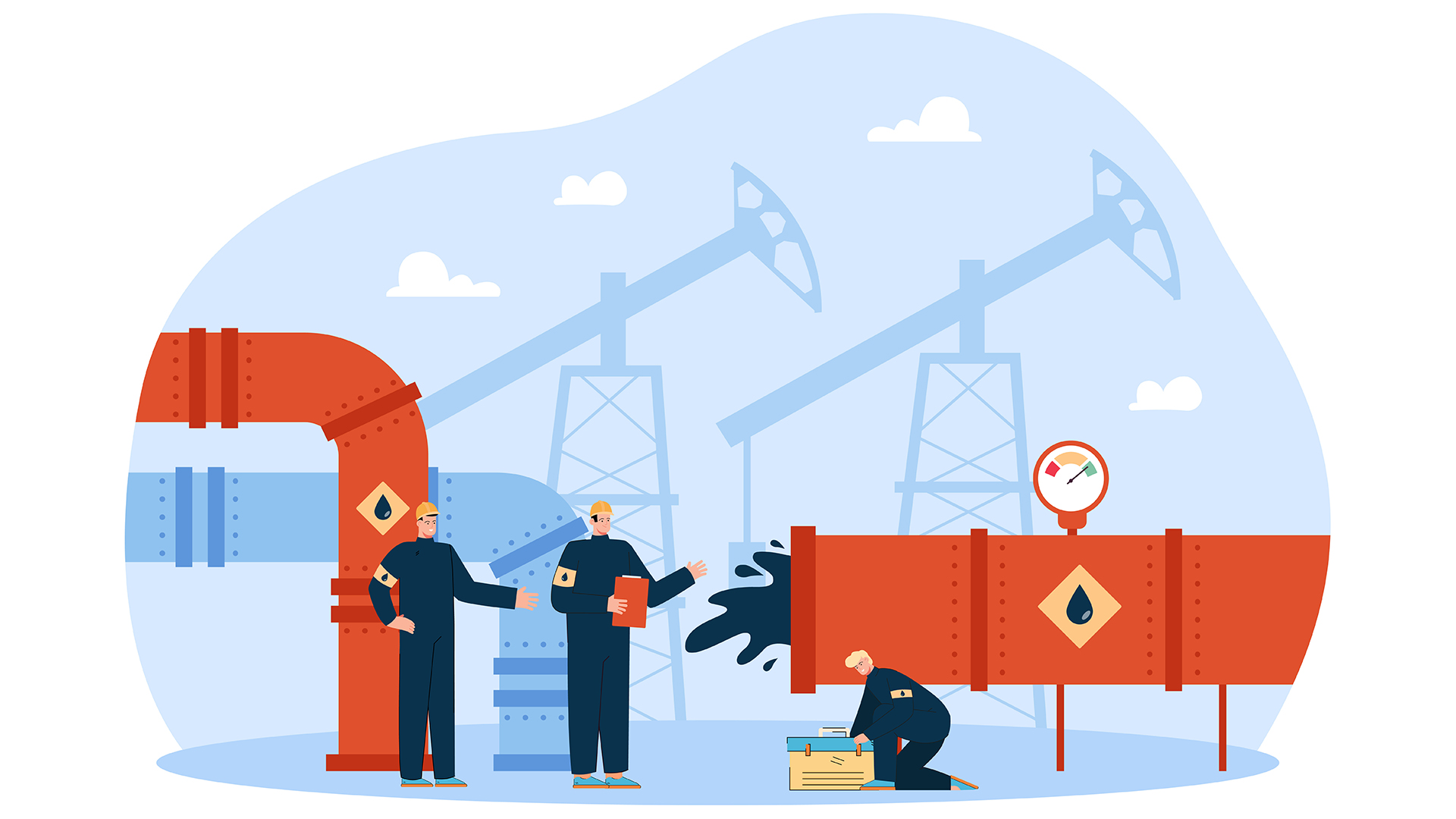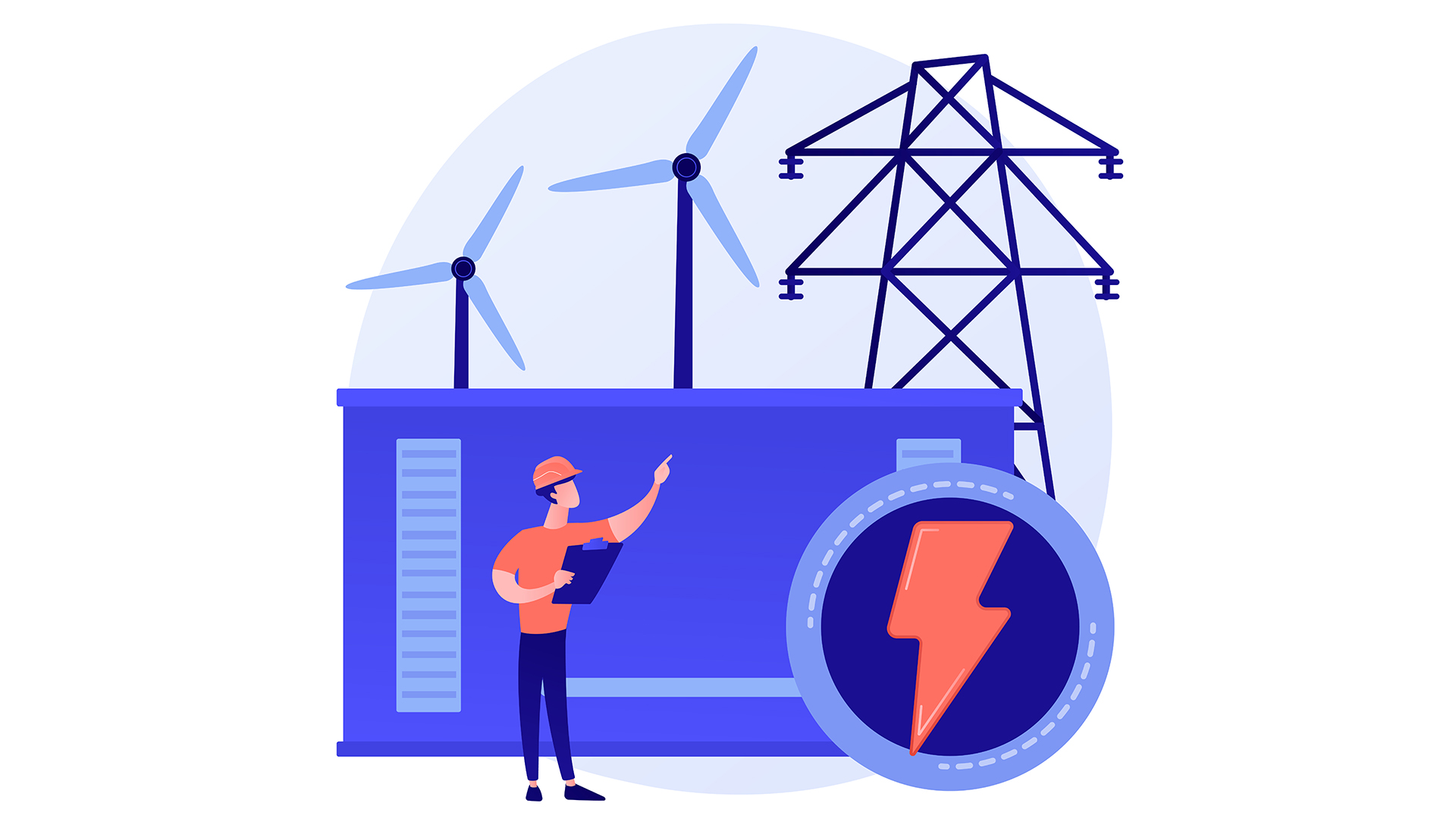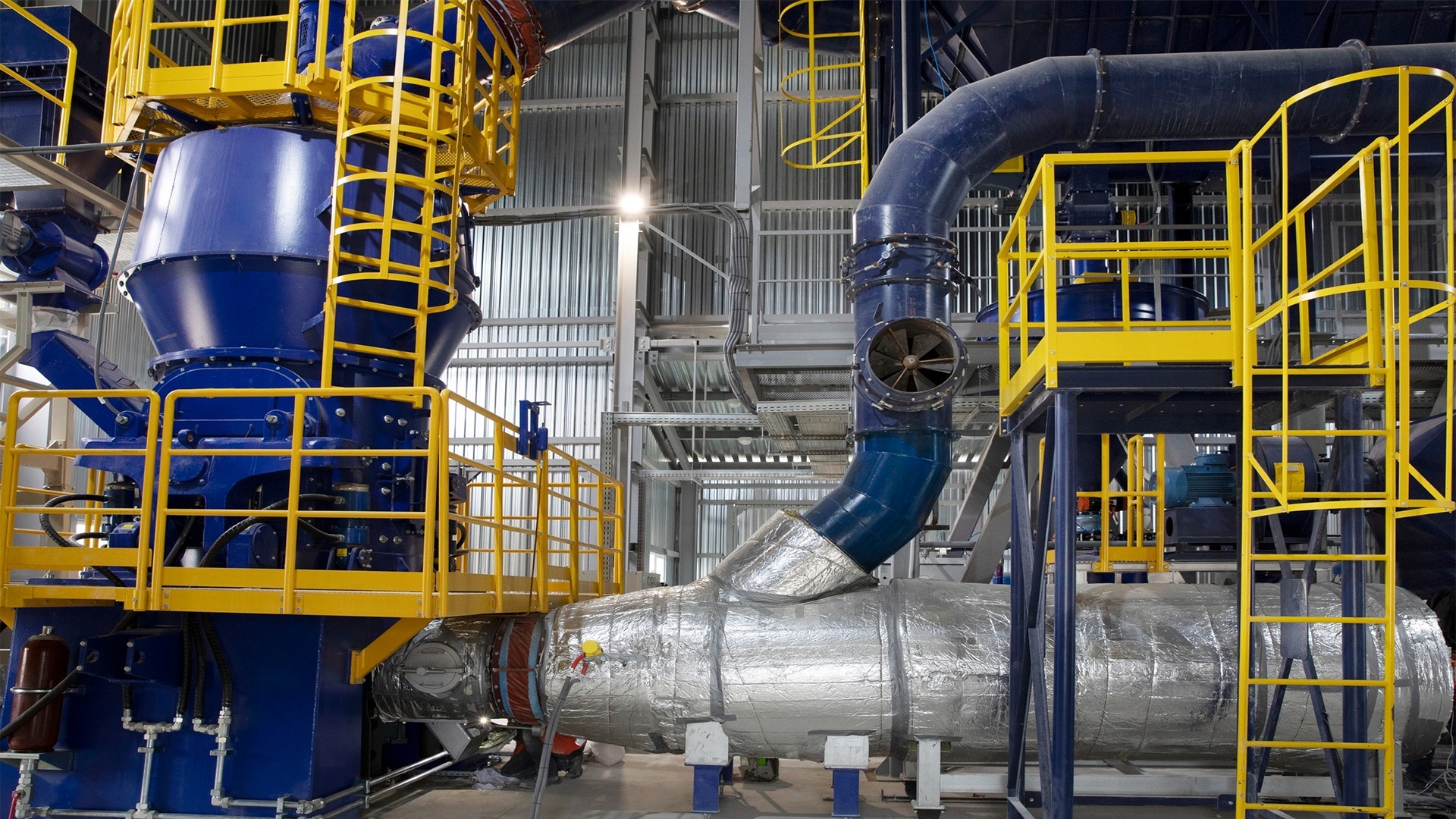
The Ultimate Petrochemical Engineering Bootcamp
Course overview
What is the job of a petrochemical engineer?
The petrochemical engineering course will assist in the training of technical experts who wish to pursue a career in the petroleum industry. It will provide information to persons interested in chemical processes, plant construction and operation, and petrochemical economics.
The course will thoroughly investigate and explain the complexities of acquiring and refining petrochemicals. Each Process will be deconstructed into essential building parts, with detailed explanations of the principles. Petrochemicals are employed in almost everyone’s daily lives, from simple plastics to more complex materials used in artificial medical instruments and body parts. Every day, the petrochemicals industry grows in every country’s economy. The fast expansion of the petroleum sector brings both benefits and drawbacks, including environmental hazards.
To boost capital in the existing gas and oil manufacturing and refining business, it is critical that they expand their hydrocarbon value chain by entering the petrochemical market. However, money is first raised from the exclusive use of hydrocarbon by items. Then, industries reduce the risk of crude oil expense for integrated manufacturing, petrochemical, and refining businesses.
How do I go about becoming a certified petroleum engineer?
Participant’s first step starts right here. This certificate in petrochemical engineering will provide you with the knowledge and abilities required to be a competent petrochemical engineer and analyst. The course covers all of the important aspects of petrochemical engineering.
Introduction
Thank you for visiting the Petrochemical Engineering Training Course. This curriculum has been meticulously developed to provide you a thorough grasp of petrochemical engineering, including the ideas, methods, and practices that drive the petrochemical sector. This course will provide you with the knowledge and skills you need to thrive in the dynamic world of petrochemicals, whether you are new to the sector or a seasoned expert.
Petrochemical engineering is a crucial component of the chemical industry, focusing on the transformation of petroleum raw materials into useful chemical products. This course will cover the fundamentals of petrochemical engineering, including feedstock selection, catalysts, chemical processes, safety, and environmental stewardship.
We are The Training Bee, a global training and education firm providing services in many countries. We are specialized in capacity building and talent development solutions for individuals and organizations, with our highly customized programs and training sessions.
We are thrilled to be embarking on this educational adventure with you. This course will provide you with the knowledge, skills, and ethical concepts you’ll need to succeed in the petrochemical sector. Let’s get started on the path to understanding petrochemical engineering and contribute to the industry’s ongoing growth and success.
Learning Objectives
Upon completing Certification in Petrochemical Engineering, participants will be able to:
- Should be aware of petroleum advancements, future trends, and issues
- Identify and effectively address environmental issues caused by rapid development due to the use of plastics.
- Understanding the fundamental processes of the refining and petrochemical industries
- To identify the gap between personal merits and petrochemical company ideas using strategic examples from the combined oil industry, non-oil business, and national oil industries.
- Discuss with your clients and peers the technical concepts, buzzwords, and terminologies used in the petrochemical industry. Then examine the petrochemical industry, models, and corporate methods.
- Improve their understanding of gas and oil refining, production, petrochemical activities, demand forecasting, costs, distribution, sales contracts, and sales.
Our Unique Training Methodology
This interactive course comprises the following training methods:
- Journaling – This consists of setting a timer and letting your thoughts flow, unedited and unscripted recording events, ideas, and thoughts over a while, related to the topic.
- Social learning – Information and expertise exchanged amongst peers via computer-based technologies and interactive conversations including Blogging, instant messaging, and forums for debate in groups.
- Project-based learning
- Mind mapping and brainstorming – A session will be carried out between participants to uncover unique ideas, thoughts, and opinions having a quality discussion.
- Interactive sessions – The course will use informative lectures to introduce key concepts and theories related to the topic.
- Presentations – Participants will be presented with multimedia tools such as videos and graphics to enhance learning. These will be delivered engagingly and interactively.
Training Medium
This Certification in Petrochemical Engineering training is designed in a way that it can be delivered face-to-face and virtually.
Course Duration
This training is versatile in its delivery. The training can be delivered as a full-fledged 40-hour training program or a 15- hours crash course covering 5 hours of content each day over 3 days
Pre-course Assessment
Before you enroll in this course all we wanted to know is your exact mindset and your way of thinking.
For that, we have designed this questionnaire attached below.
- Explain what petrochemicals are and why they are important in the chemical industry.
- Describe the many types of petrochemical products and their applications.
- Common chemical processes utilized in petrochemical engineering are named and described.
- Give examples of specific chemical reactions or processes utilized in petrochemical manufacture.
- Determine the key sources of feedstock for petrochemical manufacture.
- Explain why feedstock selection is important in petrochemical operations.
- Explain the function of catalysts in petrochemical processes.
- Explain reaction engineering principles in petrochemical manufacturing.
Course Modules
This Certification in Petrochemical Engineering covers the following topics for understanding the essentials of the Agile Workplace:
Module 1 – Refining and crude oil
- Introduction to the global oil business: exploration, extraction, refining, marketing, and transportation
- Global oil resources include global gas and oil reserves, as well as gas and oil manufacturing.
- Factors influencing oil business conversion and unit conversion
- Distribution of refined goods from crude oil
- Crude oil classification based on assays, natural oil quality indicators
- Conversion factors for Europe, Asia, and the United States
Module 2 – Value Chains in Petrochemicals
- Understand the concept of the Value Chain.
- From the raw materials to the finished products, a series of upgrades are built.
- Examine how these Value Chains are used to their full potential.
- Understanding the Chemical Relationship between Hydrocarbons and Their Applications
Module 3 – Markets for Petrochemicals
- The global chemical industry
- Primary market research investigation what exactly is forecasting?
- Investigate the forecast and planning strategies.
- Market Segments in the Chemical Industry
Module 4 – Petrochemicals and Refinery Economics
- Organic chemistry at its most fundamental
- Sorting the compounds into categories
- Organic compounds’ primary properties
- Petrochemicals industry process or reaction innovations
- The building blocks of petrochemical development
Module 5 – Tools and Processes for Petrochemicals
- An overview of crude oil hydrocarbon teams
- The fundamental refining process and activities
- The yield and conversion analysis in the refinery
- Oil hydrocarbon reorganization
- Working knowledge of the key tools used in the petrochemical industry
Module 6 – Petrochemicals Industry Feedstock
- The important tasks of the global gas oil business
- Alternative hydrocarbon values: petrochemicals vs. gasoline
- Differences between chemicals and fuels
- The composition of petrochemicals and global oil refining
- Various petrochemical feedback sources
- From c1 to c50, the numerous raw materials or petrochemicals
Module 7 – Project Evaluation
- The definition of project management, as well as its major considerations and methods
- Method for identifying projections
- Steps in project management analysis
- What to consider while selecting the right technology, operating costs, and project capital
- Accuracy of capital price estimations
- The many approaches to financial analysis–adding shareholder value and measuring success–
Module 8 – Methods of Petro chemistry
- Chemical company procedures and major approaches in national oil industries
- The primary competitive advantage of non-oil industries
- Understanding the major success factors
- Understanding the most from the lecture summary
- Five essential business incentives
- Measuring a Petrochemical Project
- Issues, developments, and potential trends in petrochemicals
Post-course Assessment
Participants need to complete an assessment post-course completion so our mentors will get to know their understanding of the course. A mentor will also have interrogative conversations with participants and provide valuable feedback.
- Summarize the essential petrochemical engineering ideas and principles that you acquired during the course.
- Explain how these fundamentals are used in actual petrochemical processes.
- List and describe the chemical processes covered in the program, as well as their applications in petrochemical engineering.
- Give instances of chemical reactions or processes that you now understand better as a result of the course.
- Explain the significance of feedstock selection in petrochemical operations, as well as how it affects product quality and efficiency.
- Share your thoughts on the feedstock sourcing strategies covered in the course.
- Explain how catalysts improve reaction speeds and selectivity in petrochemical processes.
- Give examples of reaction engineering principles that you have studied and used.
Lessons Learned
Fundamental Understanding: Petrochemical engineering necessitates a solid understanding of chemical processes, catalysis, and separation procedures. These basics are critical for petrochemical operations to be productive and efficient.
Feedstock Selection: Choosing the right feedstock has a big impact on product quality, process efficiency, and economic feasibility. A well-informed decision is critical to success.
Catalysis and Reaction Engineering: Catalysts are critical components in petrochemical processes. Understanding how they work and how to use them is essential for improving reactions and product yields.
Distillation and Separation: Knowledge of distillation and separation procedures is required for the purification and separation of petrochemical products. The mastery of these procedures guarantees high-quality end products.
Knowledge of the qualities and applications of petrochemical products is essential for product development and modification. Customizing products to meet specific needs provides value to the industry.
Safety and Environmental Responsibility: In petrochemical engineering, safety precautions and environmental considerations are not optional; they are non-negotiable. Accident prevention and environmental impact reduction are moral imperatives.
Emerging technology: The petrochemical industry is dynamic, with new technology and trends influencing the environment all the time. Maintaining competitiveness requires keeping up with these innovations.
Collaboration with professionals from other sectors, such as safety, environmental compliance, and regulatory affairs, is vital for complete and responsible petrochemical operations.

